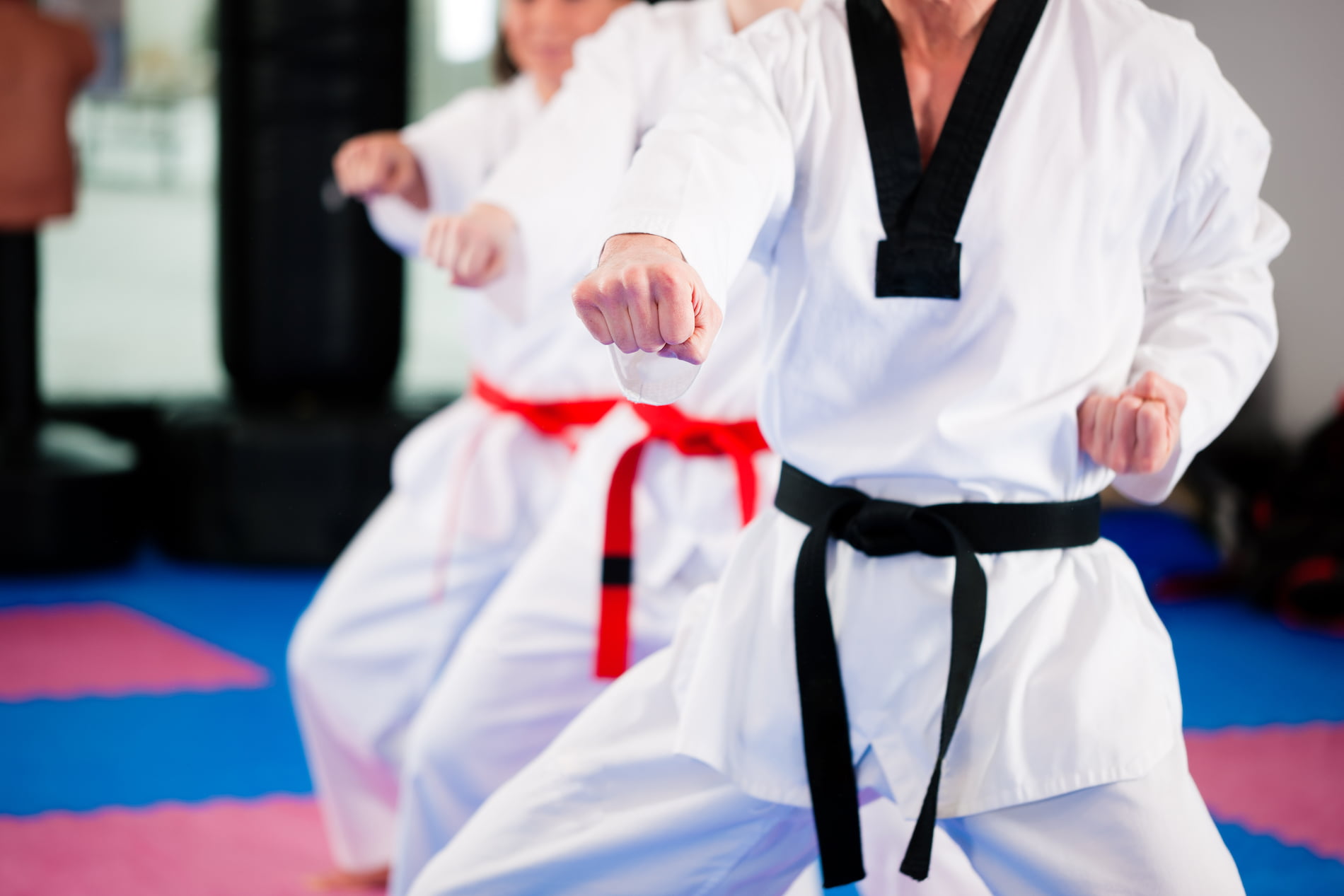Unlocking the Benefits of Martial Arts Mastery
Many benefits await those who choose to embark on this empowering path. From building Confidence, achieving Fitness Goals, and mastering Self-defence Skills to fostering Mental Resilience and forming positive social connections, this page outlines how Family Martial Arts Centres goes beyond traditional training.








